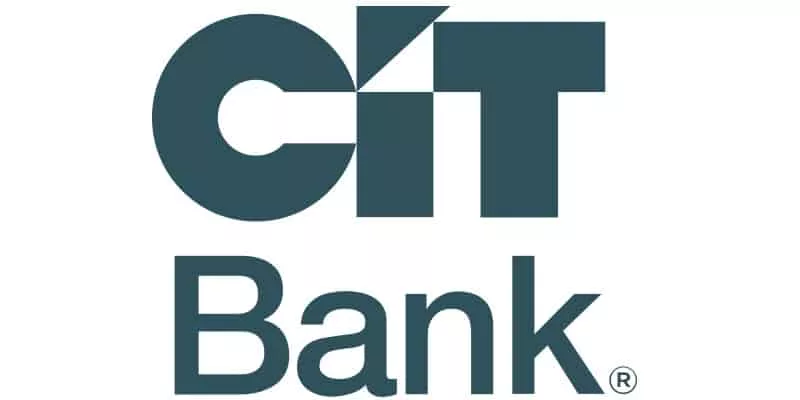When it comes to insurance, the premium is the amount of money you pay to the insurance company for coverage. It's a crucial aspect of insurance that determines the cost of your policy and can vary depending on a variety of factors.
In this guide, we'll explain everything you need to know about insurance premiums.
What is an insurance premium?
An insurance premium is the amount of money an individual or business pays to an insurance company for coverage. It's essentially the cost of the insurance policy.
The premium can be paid in a variety of ways, such as monthly, quarterly, or annually, and can vary depending on a number of factors, including the type of insurance, the level of coverage, the individual's risk factors, and more.
Understanding how insurance premiums work is essential for anyone looking to purchase insurance coverage.
How is the premium calculated?
The premium for an insurance policy is calculated based on a number of factors, including the type of insurance, the level of coverage, the individual's risk factors, and more.
For the most part, insurance companies use complex algorithms and actuarial tables to determine the likelihood of a claim being made and the potential cost of that claim.
We are going to break down key factors in home, car and life insurance:
1. Home insurance premium key factors
There are many factors that can affect a home insurance premium according to the National Association of Insurance Commissioners (NAIC), including:
Location. Homes located in areas with a high crime rate, natural disaster risk, or other hazards are likely to have higher premiums.
Replacement cost. The cost to rebuild your home is a major factor in determining your premium. This is because insurance companies want to make sure they can cover the cost of replacing your home if it is damaged or destroyed.
Age and condition of your home. Older homes and homes in poor condition are more likely to have higher premiums. This is because they are more likely to need repairs or replacements.
Home security features. Homes with security features, such as burglar alarms and smoke detectors, are typically eligible for discounts on their premiums.
Claims history. If you have a history of filing claims with your insurance company, your premiums may be higher.
Coverage level. The more coverage you choose, the higher your premium will be.
Deductible. The deductible is the amount of money you will have to pay out of pocket before your insurance company starts paying for a claim. A higher deductible will result in a lower premium.
In addition to these factors, your credit score may also be used to determine your home insurance premium. This is because insurance companies believe that people with good credit are less likely to file claims.
Here are some tips for lowering your home insurance premium:
- Increase your deductible.
- Bundle your home insurance with other policies, such as auto insurance.
- Install home security features.
- Make improvements to your home to reduce the risk of damage, such as installing a new roof or hurricane shutters.
- Maintain a good credit score.
- Shop around and compare quotes from multiple insurance companies.
2. Car insurance premium key factors
There are many factors that can affect a car insurance premium according to the Insurance Information Institute (III), including:
Your driving record. Drivers with a clean driving record typically pay lower premiums than drivers with traffic violations or accidents on their record.
Your age. Younger drivers typically pay higher premiums than older drivers. This is because younger drivers are statistically more likely to be involved in accidents.
Your car. The make, model, and year of your car can also affect your premium. Cars that are more expensive to repair or replace typically have higher premiums.
Your coverage level. The more coverage you choose, the higher your premium will be. For example, if you choose collision and comprehensive coverage, your premium will be higher than if you choose only liability coverage.
Your deductible. The deductible is the amount of money you will have to pay out of pocket before your insurance company starts paying for a claim. A higher deductible will result in a lower premium.
Your location. Drivers who live in areas with high crime rates or high accident rates typically pay higher premiums.
Your credit score. Insurance companies may use credit-based insurance scores to help determine your premium. This is because they believe that people with good credit are less likely to file claims.
Here are some tips for lowering your car insurance premium:
- Maintain a clean driving record.
- Consider taking a safe driver course.
- Install anti-theft devices in your car.
- Bundle your car insurance with other policies, such as home insurance.
- Increase your deductible.
- Choose the right coverage level for your needs.
- Many companies offer discounts for good students, good drivers, and military personnel.
- You may also be eligible for a discount if you have multiple cars insured with the same company.
- Shop around and compare car insurance quotes from multiple insurance companies.
3. Life insurance premium key factors
There are many factors that can affect a life insurance premium according to the III, including:
Age. Younger people typically pay lower premiums than older people. This is because younger people have a longer life expectancy and are therefore less likely to die during the policy term.
Gender. Women typically pay lower premiums than men. This is because women have a longer life expectancy than men.
Health. People with serious health conditions typically pay higher premiums than people with good health. This is because insurance companies are more likely to have to pay out a claim on a policy for someone with a serious health condition.
Lifestyle. People with risky lifestyles, such as smokers and people who participate in dangerous hobbies, typically pay higher premiums than people with healthy lifestyles.
Family medical history. People with a family history of serious health conditions may pay higher premiums than people with no family history of these conditions.
Occupation. People with dangerous occupations, such as police officers and firefighters, may pay higher premiums than people with safer occupations.
Coverage amount. The higher the coverage amount, the higher the premium.
Policy type. Some types of life insurance policies, such as whole life insurance policies, have higher premiums than other types of policies, such as term life insurance policies.
Here are some tips for lowering your life insurance premium:
- Get healthy and stay healthy. This is one of the best things you can do to lower your life insurance premium.
- Quit smoking. Smoking is one of the biggest risk factors for life insurance companies, and quitting can save you a lot of money on your premium.
- Choose a term life insurance policy. Term life insurance policies have lower premiums than whole life insurance policies.
- Get a lower coverage amount. If you can afford to, choose a lower coverage amount. This will lower your premium.
- Compare life insurance quotes to get the best premium.
Are insurance premiums tax-deductible?
Most common types of insurance, such as home, life, and car insurance, are not tax deductible. However, some premiums related to business or trade may be partially or fully tax deductible, such as business insurance, self-employed health insurance, and contributions to a health savings account. A life insurance policy for an employee of your business might be tax-deductible since the premium would be considered a business expense.
Final take
When it comes to insurance, nothing is set in stone. It's important to note that different insurance companies use different factors to calculate premiums, and the weight given to each factor can vary. Always shop around and compare quotes from multiple insurance companies before you choose a policy. Taking the time to shop around is the only way to make sure you're getting the best possible rates on home, car or life insurance.








